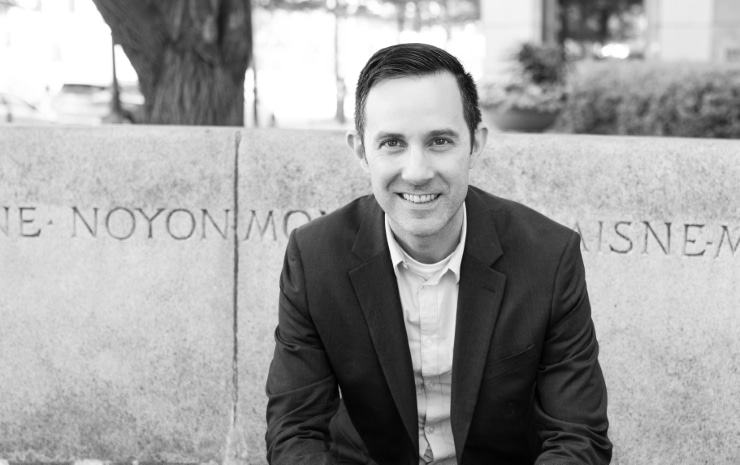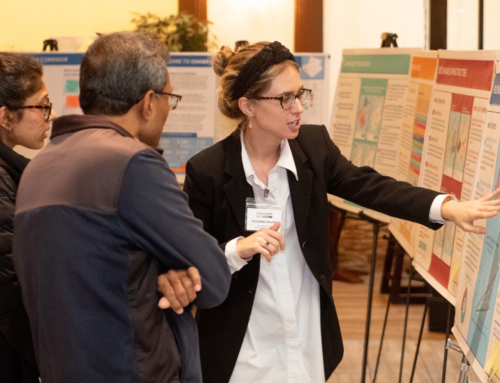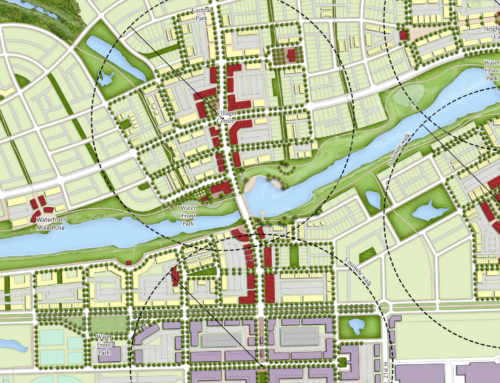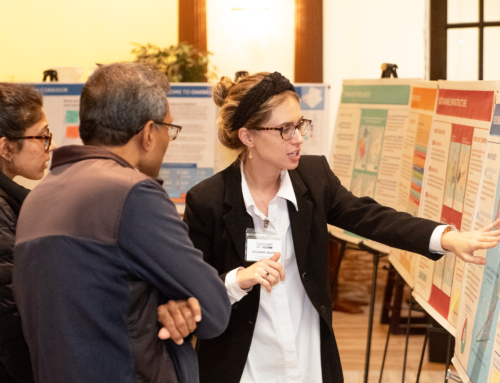Urban Planning Interviews with Caleb Racicot

Caleb Racicot, an urban planner at TSW, was recently interviewed by REscour on the topic of urban planning and its impact on commercial real estate. The interview covered a wide range of topics, from zoning regulations to the importance of mixed-use development in creating vibrant communities.
Racicot emphasized the importance of considering the needs of all stakeholders when planning a new development, including both existing residents and future tenants. He stressed the need for creative solutions that can balance competing interests and promote the long-term health of the community.
One topic that Racicot discussed at length was the importance of mixed-use development. He argued that creating spaces that combine residential, commercial, and community uses can help to create more vibrant and sustainable communities. By encouraging people to live, work, and socialize in the same area, mixed-use developments can help to reduce traffic congestion and promote walkability.
Racicot also touched on the role of zoning regulations in shaping urban development. While zoning regulations can be an important tool for managing growth and protecting the character of existing neighborhoods, he cautioned that they can also be a barrier to innovation and progress. He suggested that communities should consider more flexible zoning approaches that can accommodate a wider range of uses and building types.
Throughout the interview, Racicot emphasized the importance of collaboration and community engagement in the urban planning process. He argued that successful development requires the input and support of a wide range of stakeholders, including residents, business owners, and local officials. By working together, he believes that communities can create vibrant, sustainable, and inclusive spaces that serve the needs of everyone.
To Listen to the Urban Planning Interviews with Caleb Racicot click the links below for the six videos. Each video is around 2 minutes.
Interview 1 Interview 2 Interview 3 Interview 4 Interview 5 Interview 6





